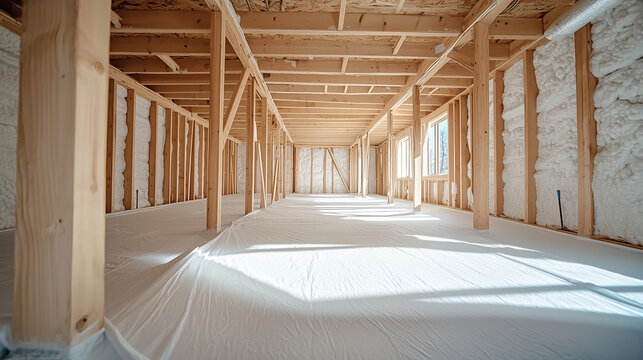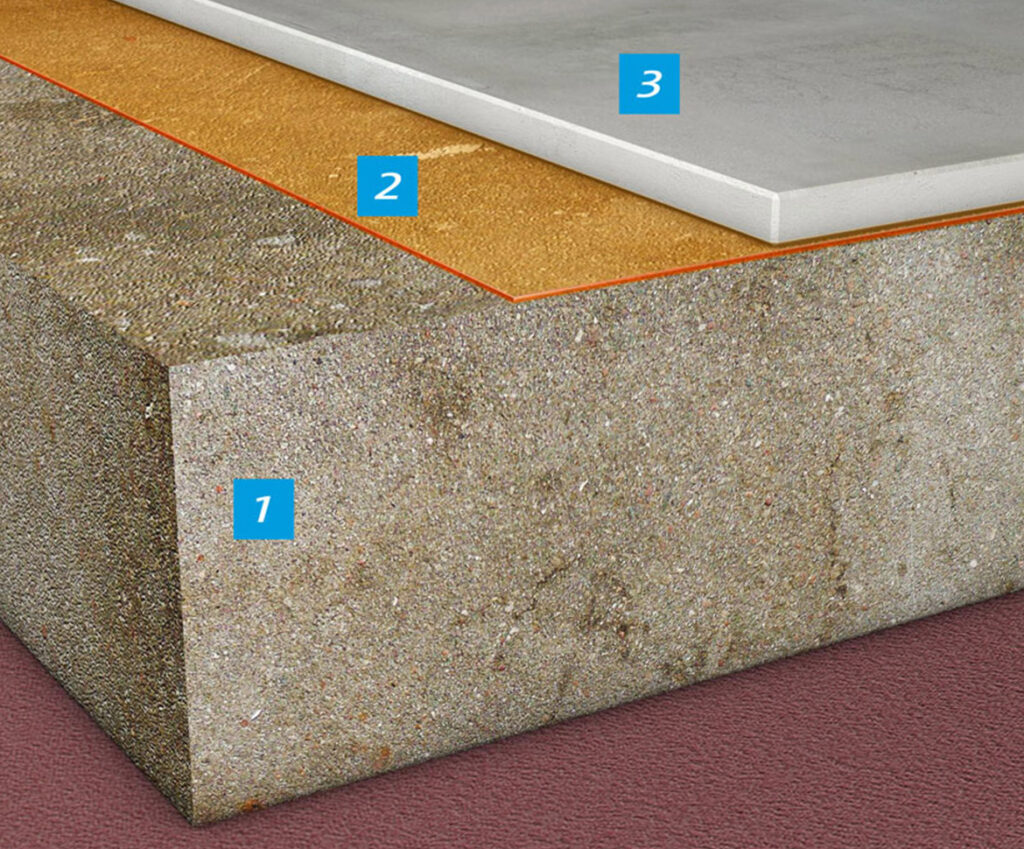Moisture Mitigation & Vapor Control
Your Epoxy Flooring & Concrete Polishing Specialists
Request Free Quotation.
Our experts will assess your space and recommend the best solution for a flawless, lasting finish.


What is Moisture Mitigation & Vapor Control?
Moisture Mitigation and Vapor Control are techniques and protective coatings designed to prevent moisture and water vapor from penetrating concrete substrates. Excess moisture in concrete can lead to adhesive failures, mold growth, and flooring damage. Effective moisture control systems are crucial for maintaining the integrity and longevity of floors, especially when installing materials like epoxy, vinyl, or hardwood.
Types of Moisture Mitigation & Vapor Control Systems
Epoxy-Based Moisture Barriers
- Two-component systems that seal concrete surfaces to block moisture vapor transmission.
- Commonly used before the application of epoxy, vinyl, or carpet flooring.
Polyurethane Moisture Barriers
- Offers high elasticity and resistance to water vapor.
- Ideal for use under hardwood or laminate flooring.
Cementitious Moisture Barriers
- Mixed with concrete to enhance water resistance.
- Often used in basements and industrial floors.
Liquid-Applied Vapor Barriers
- Rolled or sprayed onto concrete surfaces for seamless protection.
- Quick-drying and easy to apply in large areas.
Sheet Membrane Vapor Barriers
- Physical barriers installed beneath flooring layers.
- Provides long-lasting vapor control for sensitive installations.
Advantages of Moisture Mitigation & Vapor Control
- Prevents Floor Failures: Protects adhesives and floor coatings from bubbling and peeling.
- Mold and Mildew Prevention: Reduces moisture buildup that can lead to mold growth.
- Extended Flooring Lifespan: Prevents moisture-related damage, enhancing durability.
- Improved Indoor Air Quality: Reduces dampness and potential mold spores.
- Versatility: Effective for residential, commercial, and industrial applications.
Disadvantages of Moisture Mitigation & Vapor Control
- Cost of Installation: Quality moisture barriers can be costly upfront.
- Surface Preparation Required: Concrete must be properly prepped for optimal adhesion.
- Time-Consuming Application: Some liquid-applied systems require multiple coats and drying time.
- Limited DIY Potential: Professional installation is often necessary for maximum effectiveness.
Applications
1. Residential:
- Basements
- Garages
- Bathrooms
- Laundry rooms
2. Commercial:
- Retail spaces
- Office buildings
- Warehouses
- Restaurants
3. Industrial:
- Manufacturing facilities
- Chemical plants
- Food processing units
4. Institutional:
- Hospitals
- Schools
- Laboratories
- Public facilities
Maintenance of Moisture Mitigation Systems
- Routine Inspections: Check for signs of moisture seepage or surface damage.
- Avoid Harsh Cleaners: Use mild detergents to maintain the barrier’s integrity.
- Repair Cracks Promptly: Small cracks can lead to larger moisture problems if left untreated.
- Monitor Humidity Levels: Keep indoor humidity balanced to prevent excessive vapor pressure.
Longevity
10 to 25 years depending on:
- Type of vapor barrier used
- Quality of surface preparation
- Environmental conditions and maintenance practices
Service Areas:
London, Brantford, Kitchener, Cambridge, Waterloo, Guelph, Hamilton, Ancaster, Burlington, Waterdown, Milton, Oakville, St. Catherines, Niagara Falls, Stratford

